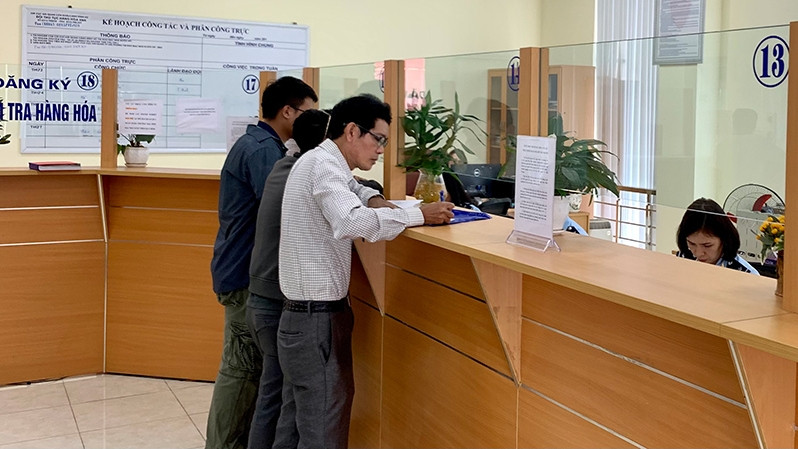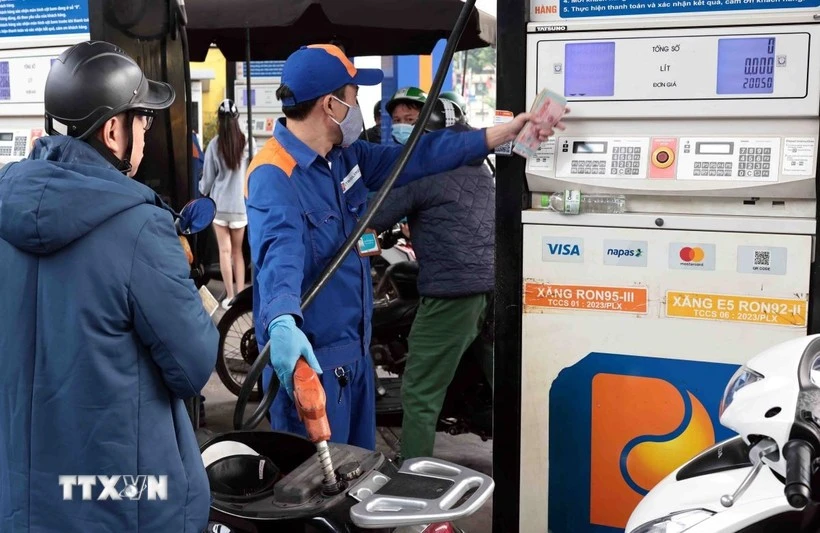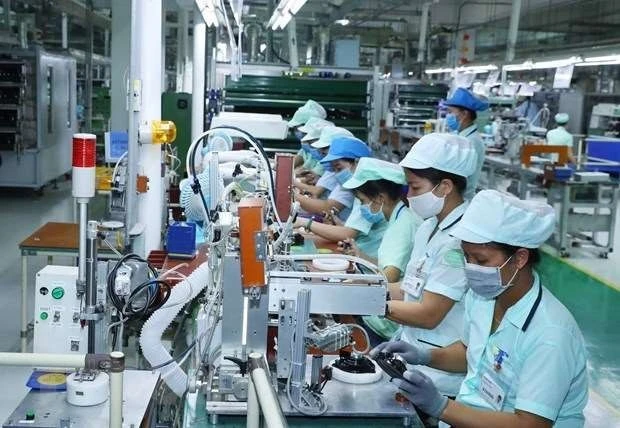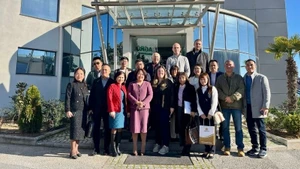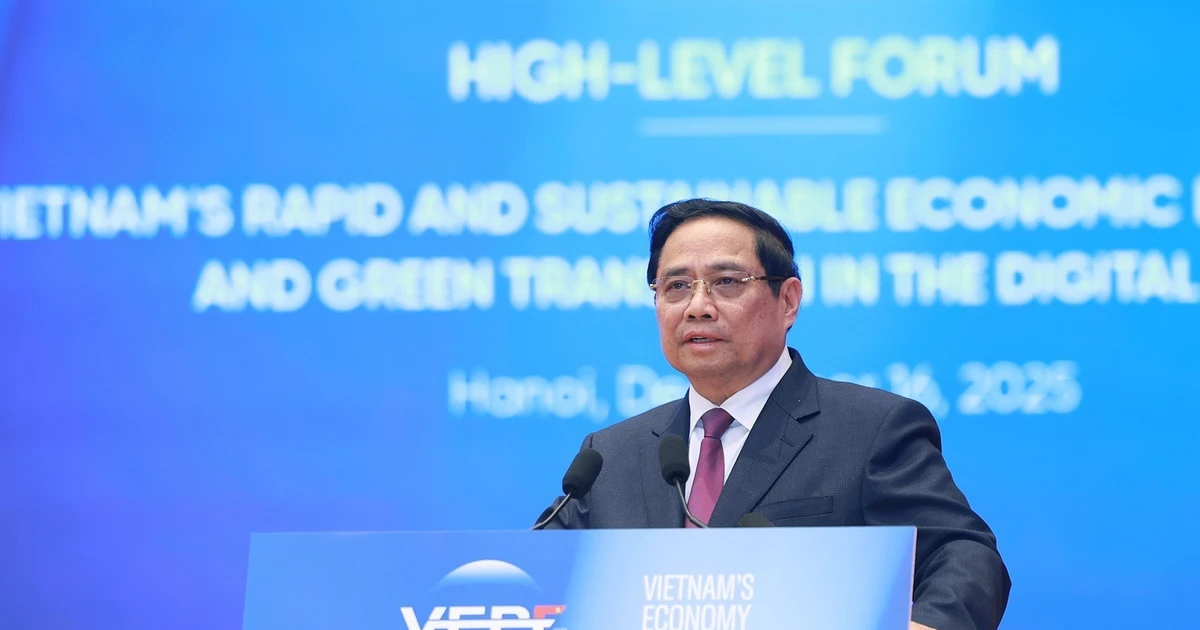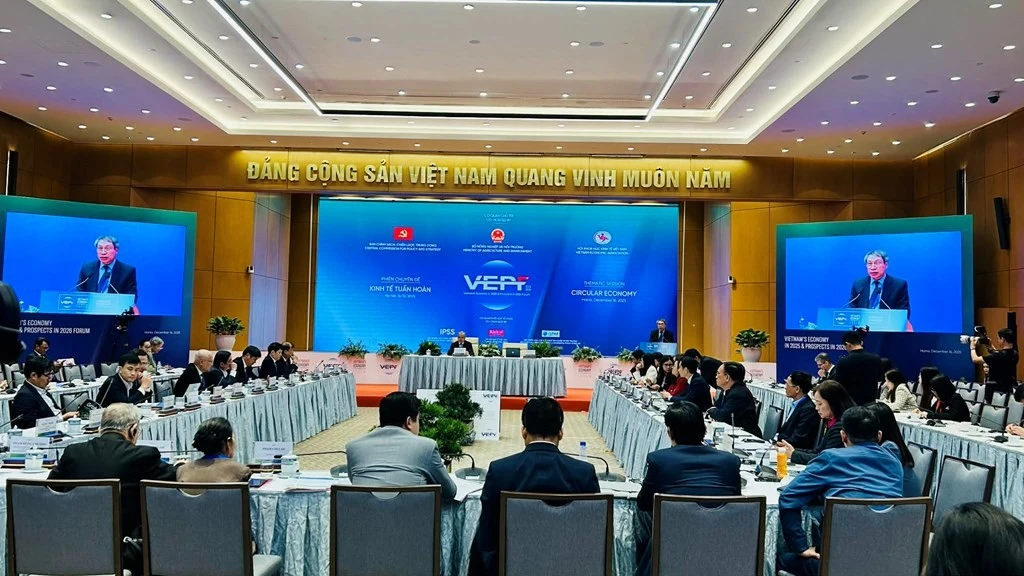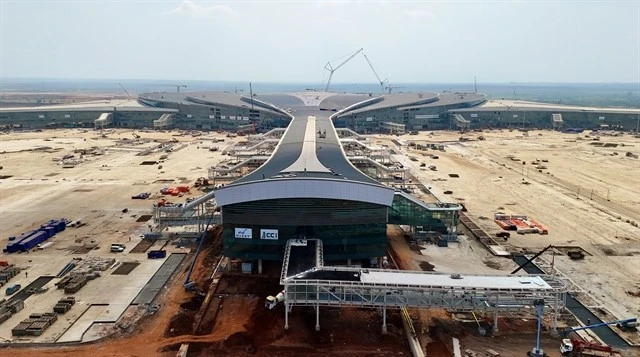Slowdown in reform
Since 2014, the government has introduced a resolution each year on the measures to improve the business environment and enhance national competitiveness. The implementation of such resolutions has been commended by the business community for helping the business environment in Vietnam to improve significantly, as seen in the Provincial Competitiveness Index (PCI) released annually by the VCCI with the reform score increasing over the years.
One of the most applauded reform is the administrative procedures to start a business when the number of days required for processing has dropped from 12 to 6 in the past six years. The average time a business spends on receiving tax authorities also fell from 19.5 hours per year to 8 hours in 2020.
The field of export and import has also seen considerable improvements thanks to the application of information technology, risk management, interconnected procedures, and slimmed-down and transparent specialised inspections.
Bold reforms in recent years have helped to increase Vietnam’s position in global rankings. Compared to the 2011-2015 period, Vietnam has leapt 20 positions to rank number 70 among the 190 economies on the World Bank’s business environment rankings. Vietnam also jumped 10 notches to rank at 67 among 141 economies on the International Monetary Fund’s global competitiveness index.
However, a report by the VCCI shows that many hurdles remain in Vietnam’s business climate and the speed of reform is slowing down, especially in starting a business, access to electricity, access to credit and construction permits. It is worth mentioning that these are the areas regarded as having the most rapid and impressive reform for many years. Although a government resolution has called for strengthening discipline in processing administrative procedures in construction, many requirements have yet to be implemented and enterprises have not felt the positive impacts of such measures.
Increasing transparency, equality
A VCCI survey shows that the business community is not satisfied because many business conditions lack consistency while ministries and agencies are slow to propose revisions to the relevant laws. Some business requirements are overlapping, unnecessary, non-transparent and too intrusive in the operations of a business.
Specialised inspections see little improvement and the single-window mechanism is not very effective when enterprises still have to submit hard copies along with electronic versions, while there is a lack of connection between ministries and sectors. Furthermore, the information technology system is frequently overburdened and not very friendly to users.
VCCI Chairman Vu Tien Loc stated that one of the major issues is the lack of transparency when many enterprises say that connections with government officials are needed to secure access to the necessary documents. More and more are complaining that the information released is too general and is not meaningful for them to use. Transparency has been achieved in legal regulations, administrative procedures and business conditions but it is more difficult to publicise the state’s plans, programmes and reports for enterprises to access.
Vietnam has also managed to reduce inequality between private and state businesses, and between domestic private companies and foreign firms. But a worrying problem is that a significant number of enterprises are reporting inequality with “backyard” enterprises.
It seems that all the easy problems have been solved and the remaining tasks are all difficult. It should be pointed out frankly that the challenge of improving the business climate over the next five years will be much greater and requires the joint efforts of the business community, business associations and each and every member of the state apparatus.
According to business and experts, reform in the coming period needs to be upgraded to a new level, not just to remove the hurdles but to create a transparent and equal business environment that strengthens market discipline, promotes innovation, and brings about stability and predictability of policies. It is necessary to continue simplifying administrative procedures, cutting down on business requirements and specialised inspections.
At the same time, the government and localities need to introduce new measures to increase dialogue and deal with difficulties so that programmes aimed at supporting business can produce the intended effect. They need to set out more specific and substantive goals so as to radically resolve issues in reality. Such measures are expected to maintain the stability and friendliness of the business environment, helping enterprises increase their production and create more opportunities for them to penetrate more deeply into the global economy.
